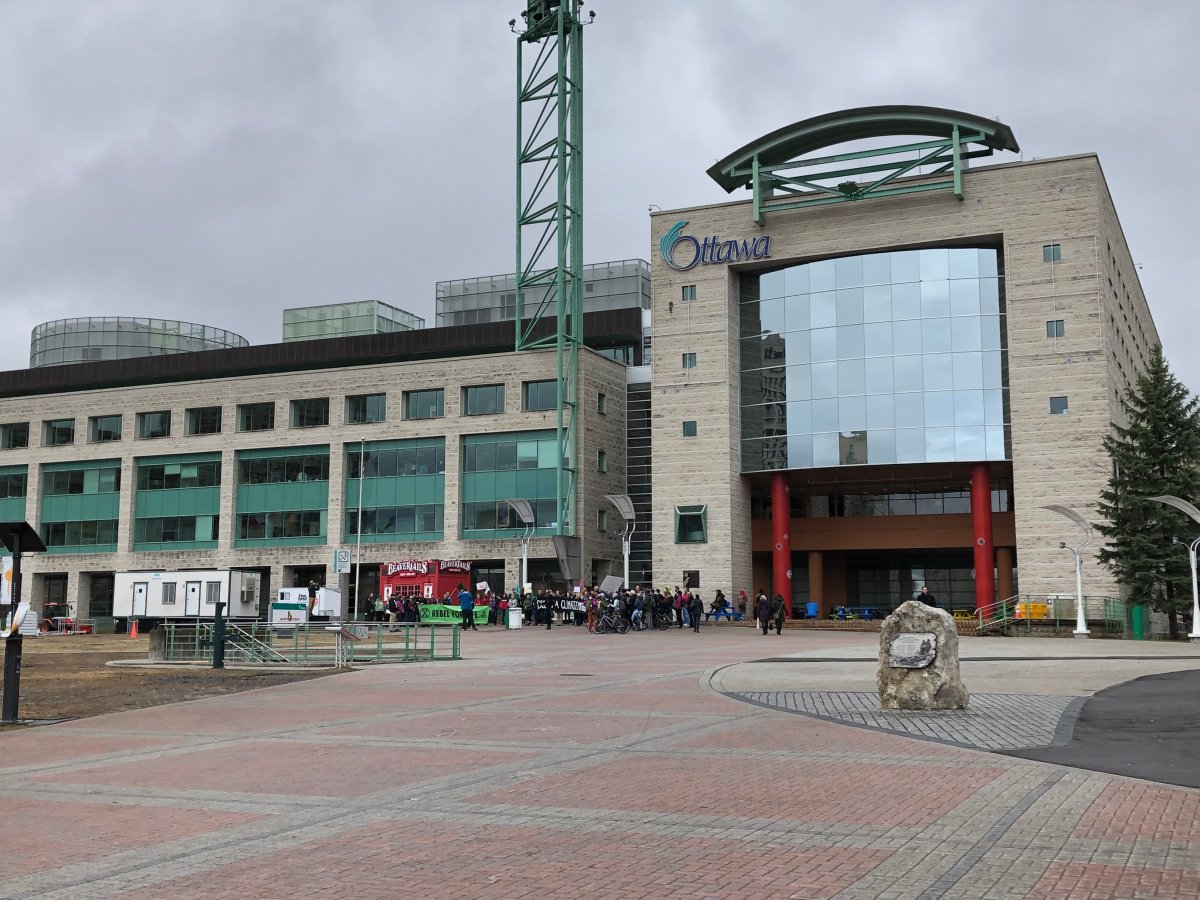A bylaw regulating short-term rentals in Ottawa will soon be in the works after city council voted in favour of a regulatory framework that would only allow those rentals in properties where the hosts live and would create a permit system for hosts.

Councillors on Wednesday also supported a last-minute motion by councillors Eli El-Chantiry and George Darouze that asked city staff to consider exempting secondary dwellings and coach houses in the city’s rural areas from the new rules.
Nothing is changing overnight. The new short-term bylaw still has to be written and then approved by council. It will apply to short-term rental hosts, agents and platforms – like Airbnb – but not to cottages, hotels, motels or bed and breakfasts.
Council’s vote comes after the Local Planning Appeal Tribunal (LPAT) last week upheld similar rules for short-term rentals passed by the City of Toronto. Ottawa Mayor Jim Watson said the LPAT decision on Toronto’s regulations has given the municipality some reassurance about its approach.
“It does give us greater confidence that we’re on the right track to protect neighbourhoods and protect neighbours from moving next door to a ghost hotel or a party place that is going to disrupt their peace and quiet,” he told reporters after Wednesday’s council meeting.
The mayor said residents can expect the new rules to go into effect sometime within the next year.
The city is moving forward with the new regulations in part to deal with nuisance properties that are magnets for crime, large parties or parking and garbage issues. However, municipal officials also believe short-term rentals are eating into Ottawa’s dwindling long-term rental housing stock, leading to an increase in “ghost hotels” and higher rental prices for the long-term units that remain.
As she urged her council colleagues to vote in favour of the regulatory framework, Coun. Jenna Sudds said there are more than 6,000 properties in Ottawa listed on short-term platforms – and about 1,300 of those “appear to be commercial or investment properties.”
Commercial rentals in residential zones are currently illegal and would remain illegal under the new policy, said Sudds, who chairs the committee that held a marathon, 10-hour meeting on the framework on Nov. 15.

Get breaking National news
Hosts, therefore, will only be allowed to rent out a property if it’s their primary residence; rentals in investment properties will be forbidden.

In a statement sent in reaction to city council’s vote on Wednesday, Airbnb argued that councillors have supported rules that “will not address any of the stated policy goals.”
“Airbnb and the City of Ottawa have heard from hundreds of hosts over the past several weeks regarding their serious concerns with the regulatory framework that was put forward by city staff,” Alexandra Dagg, Airbnb’s policy director in Canada, wrote.
“Today, city council chose to go against these concerns and the recommendations put forth by their own consultants in favour of a series of rules that will unfairly restrict some responsible Ottawa residents from sharing their homes and based on experiences in other jurisdictions, will not address any of the stated policy goals.”

Airbnb has been quite vocal throughout the city’s process to draft and approve a regulatory framework. During the Nov. 15 meeting, Dagg argued that Ottawa’s definition of a primary residence is too “narrow” and that prohibiting hosts from renting out secondary properties wouldn’t return many units to the long-term rental market.
Airbnb, however, is supportive of an online permit system for hosts. According to Dagg, there are 4,600 Ottawa listings on the Airbnb platform.
Under the city’s proposed permit system, hosts would have to pay $100 and provide identification and proof that their property is their primary residence — such as a deed or lease — to get a permit valid for two years.
Staff said Ottawa’s short-term bylaw would include fines for different violations and also require short-term rental platforms to provide data about their hosts and listings on a regular basis to the City of Ottawa. Dagg said earlier this month that Airbnb might consider voluntarily sharing data with the city but first wants to see “what the bylaw looks like.”
City council heard on Wednesday that city staff haven’t yet settled on a “full” definition of “short-term rentals” but vowed to clear that up when they present the new bylaw. Staff’s working definition at the moment establishes a short-term rental as lasting less than 28 consecutive days.
El-Chantiry and Darouze – who both represent rural wards in the city – said they support regulating short-term rentals in Ottawa but argued rural property owners should be given some flexibility to put up tourists and visitors in farm homes and coach houses since fewer motels and hotels are around.
The city’s rural areas aren’t experiencing the same nuisance issues with those rentals as urban and suburban communities, Darouze added.
The councillors’ motion on Wednesday asked staff to consider “allowing secondary dwelling units and coach houses in the rural areas … to be used for short-term rentals regardless of occupancy.”
Darouze argued the proposed exemption would be minimal. According to the councillors’ motion, 132 secondary dwelling units and seven coach houses have been established in Ottawa’s rural areas since 2001.
Cumberland Coun. Stephen Blais was the sole councillor who dissented on the short-term rental regulatory framework. Coun. Matthew Luloff, who voted against the framework after a marathon committee meeting on the issue earlier this month, wasn’t present at council on Wednesday.








Comments